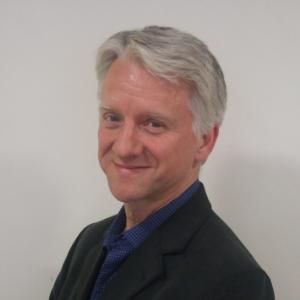Blogs
Where are we up to?

The best way to find out what we have been doing is through the activity of the Working Groups. Below I have captured some of that activity against the original objectives of the Action.
So, where are we up to?
Objectives
1. To create a coherent understanding of the population who could benefit from intervention and develop standardised terminology.
We have agreed terms of reference for the Action as a whole, but are still discussing these issues in our Working Groups. Much depends on the measurements people use in different countries and whether criteria are specified by the funders of services. We have also submitted a research proposal to the Research Councils UK Global Challenges Fund to look at the experience of the parents of children with language difficulties in underserved populations in Ireland, Spain, Hungary, Israel and Turkey.
2. To identify the best evidence-based practice related to Language Impairment, drawing on both available literature and the expertise of Action members to seek consensus about its implementation, theoretical differences in causal models, the empirical methods employed to evaluate intervention effectiveness, and the ways in which successful intervention is defined. Members of the Action will then collaborate to develop the evidence base further.
Led by Carol-Anne Murphy from Ireland and David Saldaña from Spain we are working on five reviews of the evidence underpinning interventions for children with language impairment. We will also be adding in a review of dosage as a Working Group 2 STSM, a repeat of the 2003 Cochrane Review on Language Delay and disorders (James Law), and a third on book reading to young children and its impact on language development and school readiness (James Law).
3. To map provision for children and young people with LI across Europe and place the intervention evidence within the health, education and social care policy landscape in different countries. With increasing mobility across borders, harmonisation of intervention approaches – in line with theory and the evidence base – is ever more important for child development.
Sophie Kerns (MC Member, France) and her colleagues have developed a system for mapping key information from each country onto a single map of Action countries. The data included is still in development, but the results from the Practitioner Questionnaires will certainly feed into this.
4. To facilitate and organise the training of Early Stage/Early Career Researchers (ESRs)
Early Stage Researchers are involved in each of the Working Groups and have attended our Training School on Systematic Reviews. ESRs have also been the main recipients of STSM funding to date. Further training (open to all action members) will include Training Schools in Qualitative Methods and Evidence Based Practice. Details of these events will be announced shortly.
You can see we are well on track in some areas but would welcome your input with taking some of these issues forward. We will also be presenting progress at the IALP meeting in Dublin and at ASHA in November. Please let us know whether you are attending these meetings and come along and support us if you can.
Last modified: Fri, 05 Aug 2016 11:59:18 BST



